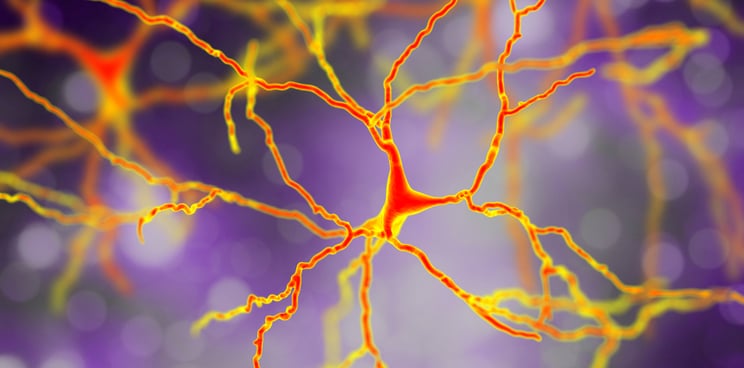Newsletter Signup - Under Article / In Page
"*" indicates required fields
Prilenia Therapeutics has raised €55M in Series A funding to launch late-stage clinical trials of its small molecule candidate drug in Huntington’s disease and amyotrophic lateral sclerosis, incurable conditions that have very limited treatment options.
Dutch life sciences VC Forbion led the round and was joined by new Chinese investor Morningside Venture Investments and the Canadian firm Sectoral Asset Management. Previous US-based investors Talisman Capital Partners also invested in the round.
Prilenia was originally founded in Israel, as Prilenia Neurotherapeutics. Prilenia Therapeutics, whose launch is funded by part of this Series A, is to hold Prilenia Neurotherapeutics as its Israeli subsidiary. The new funding brings the total raised by the company to €75M since it was founded in 2018.
The company’s lead candidate drug pridopidine acts by stimulating a protein called the sigma-1 receptor in the brain, which is believed to have neuroprotective effects. The company is testing the same candidate drug for a variety of different neurological conditions including Huntington’s disease — a genetic condition causing dementia and movement problems — the degenerative nerve disorder amyotrophic lateral sclerosis (ALS), and the neurodegenerative condition Parkinson’s disease.
“Pridopidine’s mechanism as a sigma-1 receptor agonist is relevant to multiple neurodegenerative diseases as it rescues cellular processes that are commonly impaired in several different diseases, regardless of their underlying cause,” Prilenia’s new CEO, Michael Hayden, told me. Hayden was President of Global R&D and CSO at Teva Pharmaceuticals until the end of 2017 and has been Executive Chairman of Prilenia since the company was founded.
Hayden explained that activating this receptor can prevent cellular stress and the resulting neuronal damage. “In this manner, pridopidine can restore neuronal function and protect the neurons from degeneration.”
Pridopidine was owned by Teva Pharmaceuticals before being acquired by Prilenia and has already been tested in Huntington’s patients at phase II, with mixed results. While it did not significantly improve the motor function of patients in the studies, it did improve their total functional capacity score, which is a measure of how well they can live independently. The company plans to move to phase III in Huntington’s patients later this year.
Pridopidine has also been selected as one of five drugs tested in a phase II trial run at the Sean M. Healey & AMG Center at Massachusetts General Hospital in the US. Scheduled to start later this year, this ‘platform’ trial is simultaneously testing different potential treatments for ALS with the aim of accelerating the process and reducing costs.
“Both of these are intractable diseases with very limited treatment options,” commented Hayden. “In Huntington’s disease, the only existing treatments are for specific motor symptoms and they have no effect on functional capacity… In ALS, approved treatments are also very limited. We aim to provide patients and their families hope where there is currently no hope.”
The neurological disease space has been notoriously difficult to crack in the past, with many late-stage trials failing. However, Hayden is confident that things are improving for the better.
“The nervous system, as we well know, is incredibly complex. During the past few years, we have witnessed incredible progress in our understanding and conduct of clinical trials in the neurology field. New imaging tools are now approved that enable us to measure certain pathologies in the living brain and biomarkers are emerging that are validated to follow disease progression.”
Image from Shutterstock






